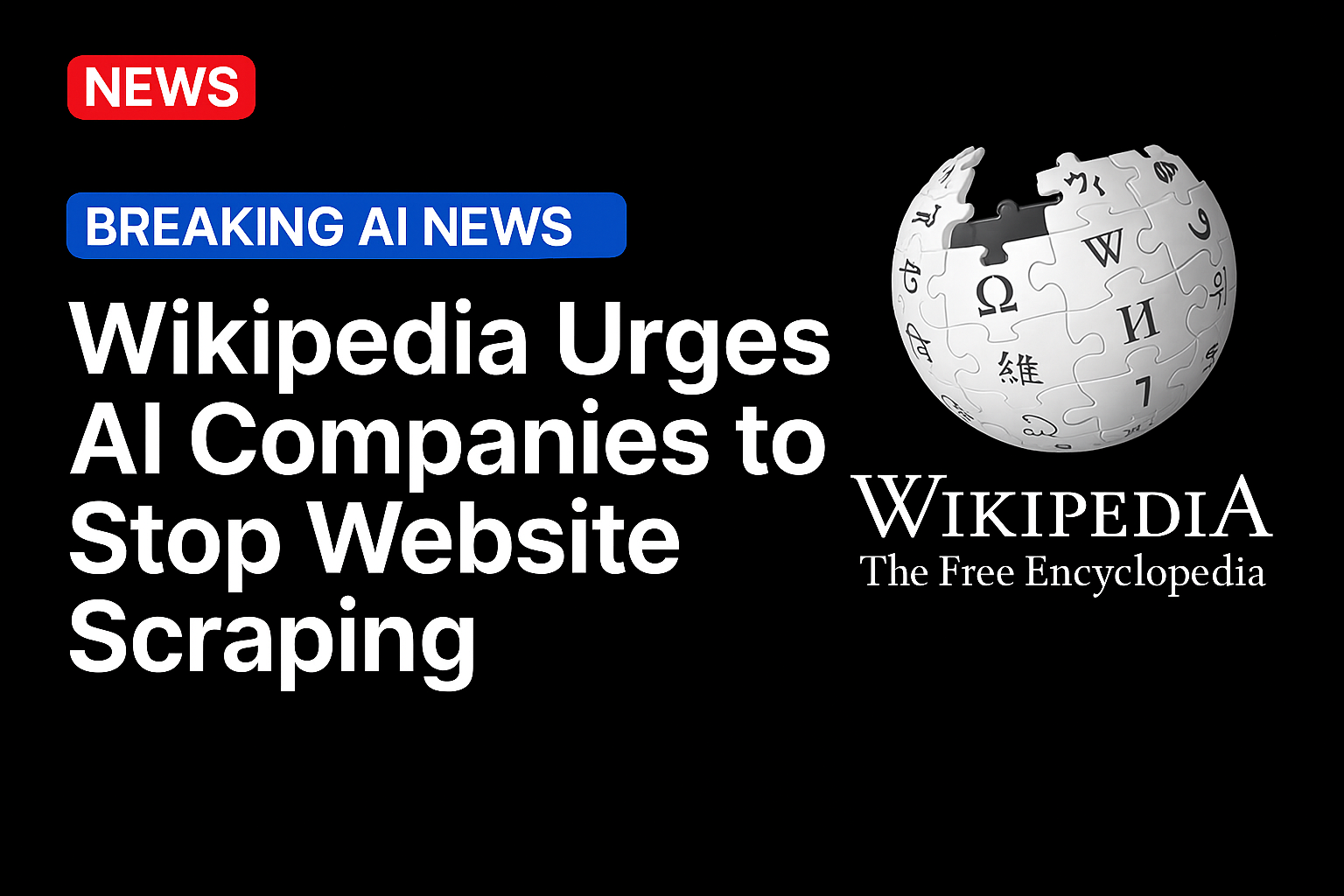
The Wikimedia Foundation, the nonprofit behind Wikipedia, issued a call to artificial intelligence (AI) developers and companies to stop scraping information from the Wikipedia site and instead use its paid, opt-in API platform, Wikimedia Enterprise, to “responsibly” access its content.
A Monday (Nov. 10) blog post explained that making Wikimedia Enterprise a paid service sustains Wikipedia’s global volunteer editor base and nonprofit funding model.
The post highlighted that Wikimedia Enterprise enables organizations to efficiently use Wikipedia’s vast repository of human-generated knowledge without overburdening its servers. The foundation asked AI developers to provide proper attribution to Wikipedia content contributors when incorporating information into AI answer outputs to maintain transparency and respect for the human effort behind its content curation.
Another blog post from the foundation said that in recent months, there was a significant spike in automated bot traffic from AI companies scraping Wikipedia’s pages, many of which attempted to evade detection by mimicking human users. Per the post, updated monitoring revealed that peak traffic in May and June 2025 was largely driven by AI bots, while also indicating an 8% decline in authentic human page views year-over-year.
Wikipedia, however, hasn’t written off AI completely. Earlier this year, the Wikimedia Foundation launched a strategy for editors to leverage AI tools to automate routine tasks and improve editorial workflows.
It should be noted that the Wikimedia Foundation stopped short of threatening legal action against AI developers for site scraping. Other businesses are also taking measures to curb data scraping, execs told PYMNTS.
The site scraping woes come on the heels of a legal defeat for the Wikimedia Foundation this summer. The U.K. High Court dismissed a legal challenge by the foundation against parts of the U.K.’s Online Safety Act, which could impose strict compliance regulations on Wikipedia. These could include being required to verify the identities of volunteer contributors and limiting access to the number of U.K. visitors able to access or edit the site.
Source: https://www.pymnts.com/

